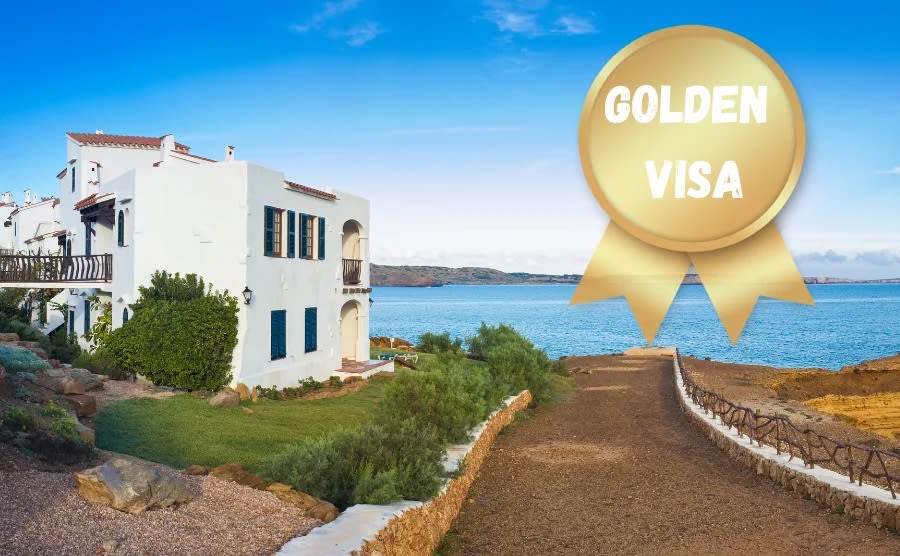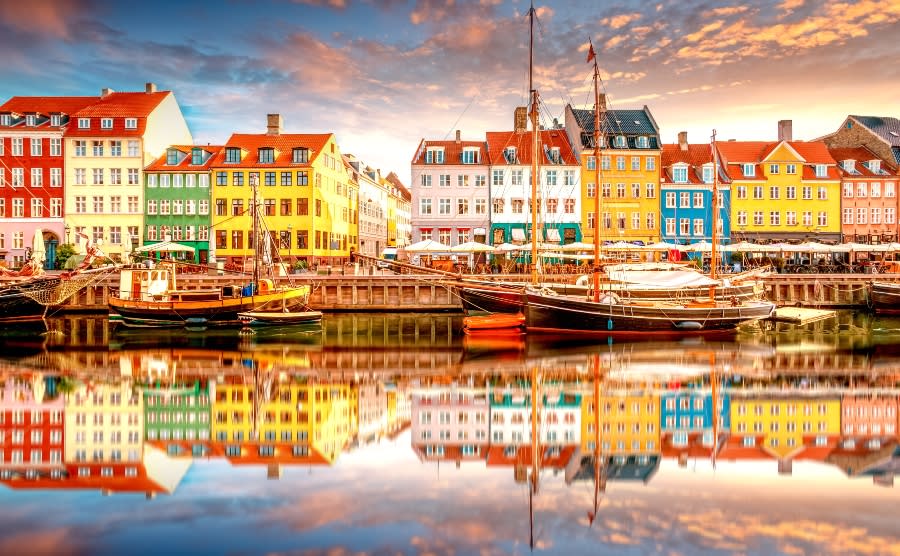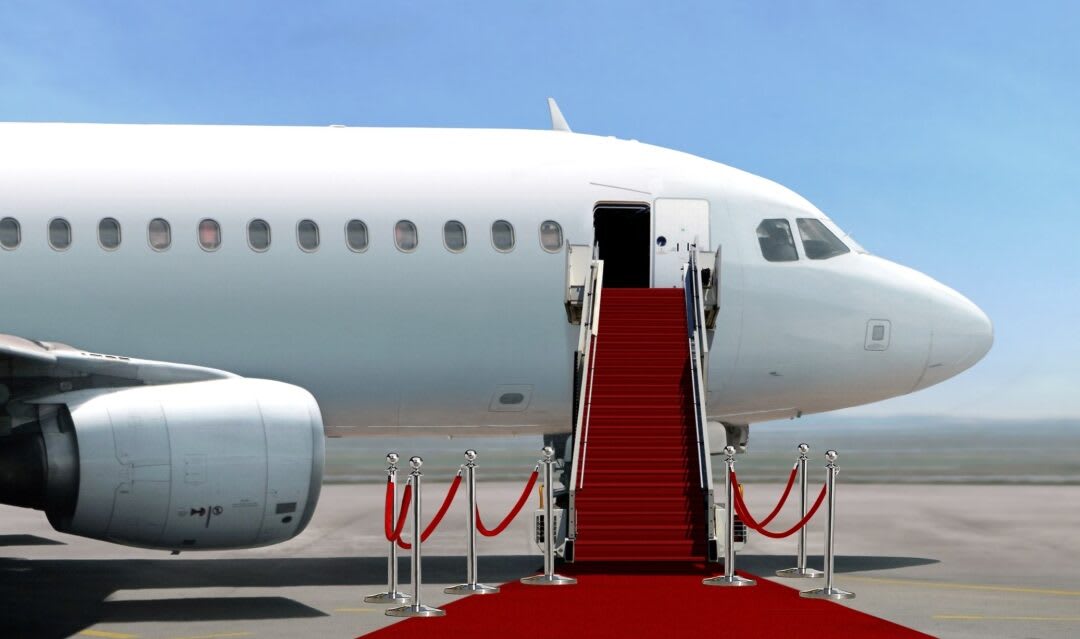Tax incentives, home renovation grants and easy visas are just some of the ways that overseas governments are trying to attract well-heeled and hard-working expats.
See if your favourite country has a scheme, whether you’re looking for a cheap property or a new adventure in life.
Energetic early-retirees, go-getting ‘digital nomads’, entrepreneurs, investors ready to roll up a sleeve and renovate a property… there are plenty of people in the world that governments are keen to attract. Especially to those areas which the local people are leaving, but which we find rather nice. Such as a Sicilian village or Irish island.
So don’t let 90-day rules, visa requirements and other restrictions put you off the dream of relocation abroad. Here we highlight five countries with schemes and incentives to welcome you.
1. Portugal
Golden visa
Although the residence-for-investment scheme (“golden visa”) has ended for most residential property purchases, you can still invest your way to a new life in Portugal. See your options at this special Portugal golden visa webinar.
The benefit of Portugal’s golden visa is that you don’t need to live in the country to get it, and the investment is just €500,000. This can be invested in a number of investment vehicles or businesses.
Incentivised tax scheme
The Incentivised Tax Status (ITS) was launched last year, specially designed to attract high-earning individuals to bring their businesses and expertise to Portugal. It replaces the Non-Habitual Resident (NHR) tax scheme which was so popular with retirees from all over Europe and beyond.
One of the benefits of ITS is a 20% cap of income tax on your earnings, but it won’t save everyone money. See if you will be a net saver from the tax scheme here.
If you’re under 35
The Portuguese government is also proposing a 10-year income tax break for young adults, including expats. The initiative comes following a considerable outflow of young Portuguese adults, who are moving abroad to find better-paid jobs in countries like France and Germany.
If the proposal is to go ahead, the tax breaks would apply to all workers under the age of 35, with those earning up to €28,000 a year paying no income tax at all during their first year of work. This is how the tax breaks would work after that:
| Years of work | Earnings exempt from income tax |
| 2-4 | 75% |
| 5-7 | 50% |
| 8-10 | 25% |
Portugal’s Finance Minister, Joaquim Miranda Sarmento, said the initiative is “fundamental” to retaining citizens and attracting young people to Portugal.

The golden visa Scheme gives expats residence permits in exchange for economic investment
2. Italy
You can buy a house in Italy for just €1, however, you will need to spend some €50,000 or so doing it up.
The €1 home scheme was introduced in 2008 to incentivise people to move to rural towns and villages. The scheme – which offers abandoned houses for a symbolic price of €1 with buyers usually obligated to restore them – is particularly popular with expats, and has been featured in TV shows such as Amanda & Alan’s Italian Job.
There are around €1 homes in more than 60 municipalities across the country, including Salemi and Mussomeli in Sicily, Ollolai in Sardinia and Patrica in Lazio.
In some areas, there are added incentives for expats, such as tax exemptions and support with all the necessary procedures.
But while the €1 home scheme sounds appealing, potential buyers should be aware of planning permission, notary and restoration costs. Buying a higher-priced property that needs less work may be more cost-effective in the long-run.
3. Ireland
Ireland is an easy place for British people to move to, weather retiring or working, due to the Common Travel Area. Indeed it came top of the Property Guide’s Easiest Place to Retire Overseas index.
But you might get an even bigger incentive. If a movie such as the Banshees of Inisherin or The Outrun (set in the Orkneys) make you pine for a simpler life on an Atlantic Island, there could be good news.
Last year, the Irish government launched a programme to encourage people to relocate to its coastal islands.
The ‘Our Living Islands’ policy aims to ensure that communities can continue to thrive on 30 rural islands that are not connected to the mainland by bridges or causeways and are therefore cut off daily by the tide.
The 10-year scheme, which was introduced in June 2023, is intended to boost the populations of these offshore islands by helping towards renovation costs for empty property. A cash incentive of up to €84,000 is available to pay for renovations.
To qualify for the grant, the property must have been built before 1993 and have been vacant for at least two years. An additional caveat is that the money can only be used for carrying out renovation work or improving the design of the property.

Non-EU nationals with a digital nomad visa can apply for the “Live in Ambroz” programme
4. Spain
There has been a lot in the press about Spain being anti-expat recently, but this appears to be a political gambit by the prime minister, which regional authorities are much more welcoming. The autonomous region of Andalusia, for example, which includes the Costa del Sol, cancelled its wealth tax specifically to increase its appeal.
However, one avenue for a life in Spain is closing. Spain’s residential golden visa will be ending in April. What other options are there?
Plenty, it turns out, fir whatever position you are in. Firstly, Spain “retirement” visa, actually the “Non-Lucrative Residence Visa”, requires a fairly high passive income of around €29,000 per year, but is relatively easy to obtain.
There is also a digital nomad visa, perfect for freelancers or those approaching retirement but still with consultancy work, and earning at least €32,000 per year (as of 2025).
There is also a self-employed visa (Autónomo Visa) option, perfect for freelancers, consultants or small business owners.
If you are a digital nomad relocating to a country that has a different currency than your source of income, you will need to work out the best way to exchange and transfer funds. Smart Currency Exchange has a range of solutions that can help you with this, such as the Regular Payment Plan (RPP), which automatically transfers your wage to your local foreign account at a highly competitive exchange rate. With a forward contract, you can also fix an exchange rate for a set number of months.
5. Denmark
In Denmark, the term “hygge” is used to describe the feelings of wellbeing, cosiness and contentment you get from taking time out to enjoy simple, everyday experiences like spending time with loved ones.
Now, thanks to a visa scheme called “Startup Denmark”, non-EU/EEA citizens can live the hygge life too.
The programme is aimed at self-employed people with scalable businesses or those who want to open branches in Denmark. Only non-EU/EEA citizens, non-Swiss citizens and Danish citizens are eligible.
To apply, you must submit a business plan and if you are a non-EU/EEA citizen, you will also need apply for a resident and work permit once your business plan is approved. It’s important to note that Startup Denmark does not provide financing, and you will have to prove that you have sufficient funds to cover your first year in the country.

The “Startup Denmark” visa scheme allows self-employed people to live in Denmark
Are you thinking about moving to one of these countries? Download the free guide, How to Move Overseas, packed with helpful information about relocating.





















